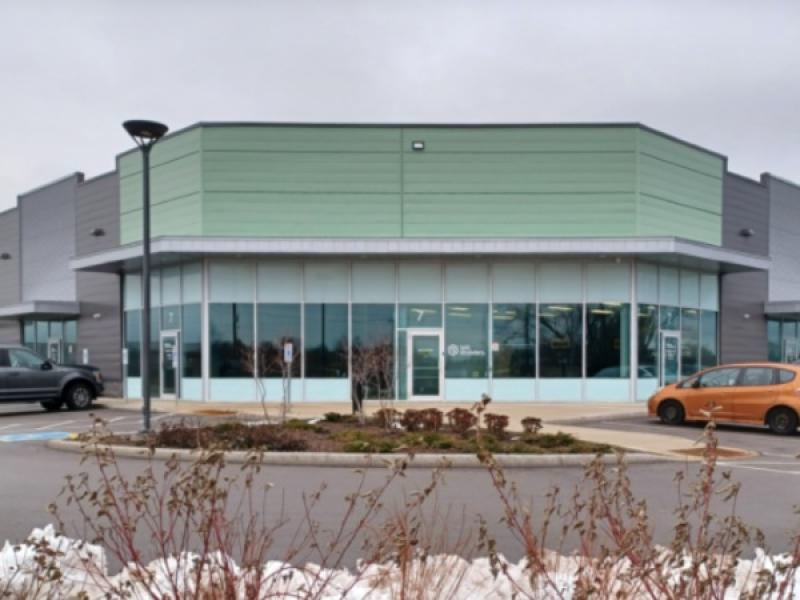
Volt Carbon Technologies Inc. (VCT-X) has consolidated operations to Guelph, Ont., as it moves to accelerate the commercialization of its mobile graphite purification technology and battery development.
While the company will remain headquartered in Calgary, Volt has shifted graphite processing, customer trials and equipment fabrication to its 10,000-square-foot Guelph facility, located in southern Ontario.
Its Scarborough facility (in the east end of Toronto) where research on its flagship technology named the air classifier had been conducted, has also been decommissioned.
Air classifier uses aerodynamics to dry separate large-flake graphite into a smaller, battery-grade state, which can reach 95 per cent purity without the use of chemicals or water. Additionally, Volt says it is an energy efficient process.
By developing air classifier to be mobile, Volt says graphite processing can happen closer to mines, reducing environmental impact and transportation costs.
“The transition to mobile purification gives us a scalable, decentralized solution for critical minerals, while our battery team continues to push performance boundaries,” V-Bond Lee, Volt’s CEO, said in the announcement.
“We are building the infrastructure to support the future of energy and mobility.”
Moving to Guelph
In Guelph, Volt’s subsidiary Solid UltraBattery maintains a lithium-ion battery plant. The plan is to expand the facility into a “megafactory” that will generate battery products for sale in the energy storage, automotive and aerospace industries.
By shifting its operations to Guelph, the company says it can scale production of its mobile purification units and streamline its research and development efforts. Two bench-model air classifier units have been made for mobile deployment.
Approximately 50 kilograms of purified large-flake graphite have been stored in the Guelph facility for upcoming research and development. Volt expects to use the materials for anode and graphene trials, and producing small batches of graphite and graphene for customer evaluation and development programs.
A 40-tonne stockpile of graphitic rock has also been assembled at the Guelph site for use in upcoming pilot-scale production.
Solid UltraBattery
The batteries made by Solid UltraBattery have been found in testing to have a longer life cycle and hold more capacity at low temperatures compared to competing models.
Attached to Volt’s announcement of moving operations to Guelph was a summary of progress on battery development at its subsidiary.
The company has reached 1,100 charge-discharge cycles with 80 per cent capacity retention in its proprietary lithium-iron-phosphate battery. Manufactured by Solid UltraBattery, the battery is designed for “robust, high-cycle applications.”
Also, its lithium-metal battery with high-nickel cathodes achieved 800 cycles with 80 per cent capacity retention, which Volt says “addresses the industry-wide challenge of achieving both high energy density and long cycle life.”
Volt is actively pursuing strategic partnerships and licensing opportunities to scale Solid UltraBattery’s technology, and says it has the potential to compete with current battery technologies due to its higher recyclability, lower carbon footprint and simplified manufacturing process.
Volt’s mining claims
Volt also holds mining claims in Ontario, Quebec and British Columbia, aiming to play a role in securing and commercializing North America’s graphite supply.
But the company has not focused exclusively on graphite, with stakes in other kinds of battery metal mines.
Those sites are:
- the Manitouwadge flake graphite and Abamasagi Lake lithium projects in Ontario;
- the Berkwood and Lochaber graphite properties in Quebec; and
- the Mount Copeland molybdenum and rare earth metal, and Redbird molybdenum, copper and rhenium properties in British Columbia.










